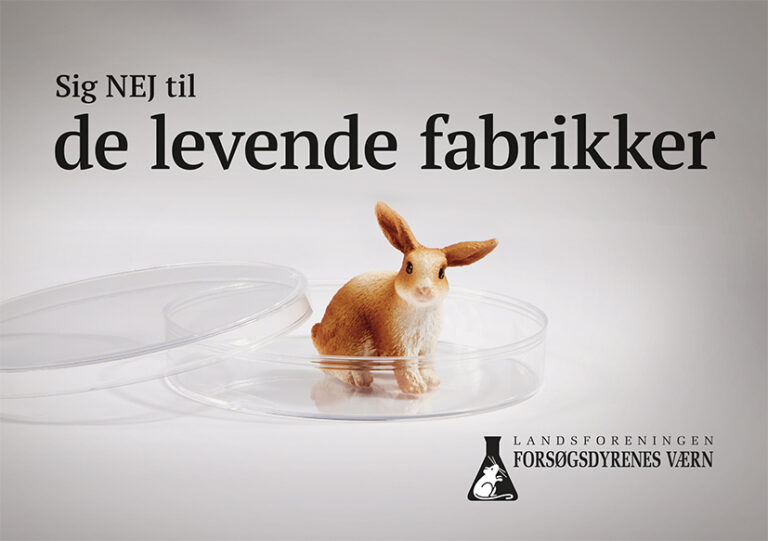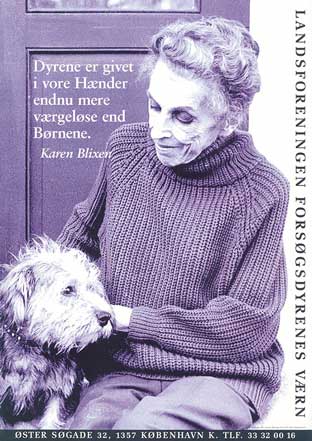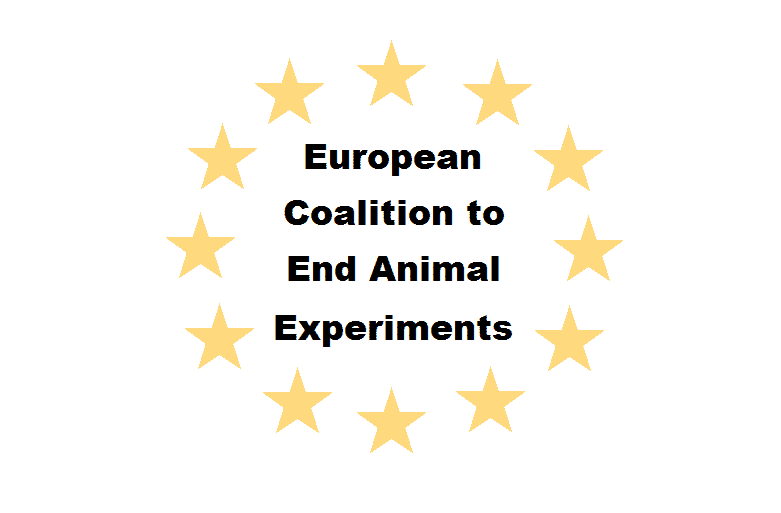The Spread of Antibody Libraries
 Dr Alison Gray, Nottingham University
Dr Alison Gray, Nottingham University
The phage-display-based technology is at the moment surrounded by mythmaking. Many researchers do not believe that the technology can replace animals and therefore choose to hold to that with which they have experience: producing antibodies in animals. An important focus in the coming years will therefore be that the technique and its availability and possibilities become more widely known. That will be achieved by:
 Fostering research cooperation with independent research groups in order to promote the use of animal-friendly reagents, called AFAs.
Fostering research cooperation with independent research groups in order to promote the use of animal-friendly reagents, called AFAs.
 Developing fully understandable online or face-to-face training programmes.
Developing fully understandable online or face-to-face training programmes.
 Making educational opportunities available to researchers, who normally do not have access to the technology.
Making educational opportunities available to researchers, who normally do not have access to the technology.
 Developing and delivering expertise to improve the success rate for AFA-based projects.
Developing and delivering expertise to improve the success rate for AFA-based projects.








